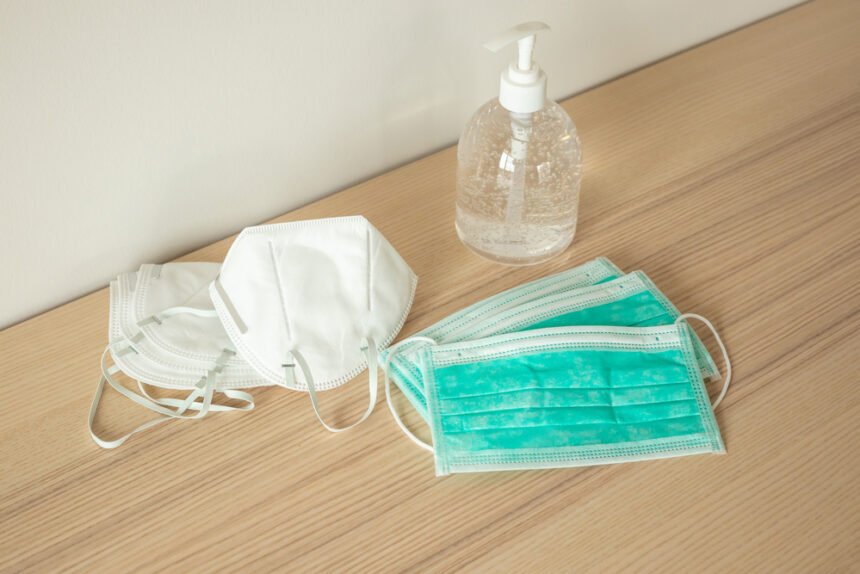The coronavirus pandemic is the scariest health crisis of our lifetime. Many baby boomers in their 60s have said that they never experienced anything similar and never planned to.
Unfortunately, the pandemic has proven to be more devastating than we expected earlier this year. Over 100,000 people have died from COVID-19 in the United States alone. When you look at worldwide data, you will see that there have been 7.04 million confirmed cases and 404,000 deaths since the virus was the first discovered.
It is no laughing matter. The virus needs to be contained as much as possible to prevent the outbreak from spreading. At an individual level, nobody wants to be the next person to get infected. They should take every possible measure to prevent themselves from getting the virus.
What measures can you take to avoid contracting COVID-19? Along with using social distancing stickers, the following tips can make a big difference if you are consistent about following them.
Avoid known hotspots as much as possible
Some places are known to be major sources of COVID-19 infections. Walmart stores, grocery stores and nursing homes are some of the worst hotspots.
Of course, you might not be able to avoid these places altogether. But you might be able to minimize the frequency with which you visit them. Here are some ideas that you might want to consider to help avoid these hotspots as much as possible:
- Consider ordering your groceries online. Some websites like Instacart will pick up groceries and deliver them to your house. They don’t deliver everywhere, but they are worth checking out if they are in your area. You can also consider ordering groceries on Amazon, which delivers almost everywhere. However, you need to be aware of price gouging, which might not be worthwhile.
- Avoid visiting older loved ones in nursing homes unless it is absolutely necessary. There is no reason to risk exposing them, since they are at an especially high risk (a third of all cases are in nursing homes). You also don’t want to get exposed yourself, since so many infected people are congregated in nursing homes.
- Try shopping at smaller grocery stores, rather than major chains or Walmart superstores in large cities. You might be able to reduce your risk of exposure by simply shopping in a smaller city, since the stores there will have less foot traffic.
Around 30% of all infections appear to be from community transmission. You can reduce that risk by taking these precautions regarding hotspots.
Avoid close contact with other people
The CDC states that it appears that person to person contact seems to be the most common cause of infection. You are a lot more likely to get infected if you are not careful about social distancing.
Here are some ways that you can practice social distancing effectively:
- Stay at least 6 feet away from people that are not exhibiting any signs of infection. You should maintain an even bigger distance if they are sneezing or coughing. Particles can spread up to 9 feet during a sneeze or cough, so you might want to keep at least a dozen feet between yourself and somebody that is sick. Obviously, they might have a common cold rather than coronavirus. But you don’t want to take that risk.
- Use social use social distancing stickers in your own home. This will help people know where to avoid going, so they don’t risk spreading the infection by getting too close to you.
- Don’t travel in the same car with people, since you won’t be able to social distance well. If you do ride with them, then you should keep the windows rolled down.
These tips should help reduce the risk of person to person infections.
Practice immaculate hygiene
You should try to be as clean as possible to minimize the risk of exposure. You will hear a lot of healthcare professionals recommend washing your hands as much as possible. This is good advice in general. You should wash your hands even if you are just picking up a package that a UPS driver left, since they might have left droplets on it.
You should also wash your clothes immediately after you get home from a trip, especially somewhere like the grocery store where there is a high risk of infection. You may even want to take a shower after coming home.

